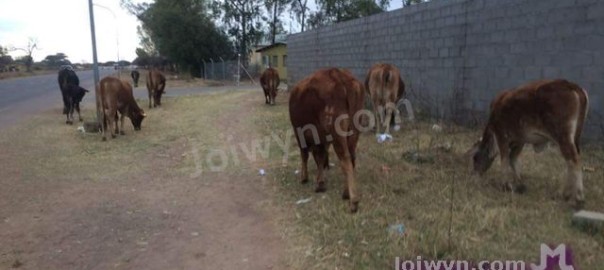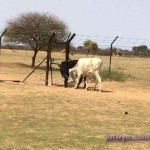I see students almost everyday for guidance and one of the biggest concerns they come to me with is anxiety and/or depression because of the pressure they’re under. A lot of that pressure comes from parents, teachers, and peers, but so much more comes from themselves. Now this is a topic I know a lot about. I have anxiety and depression. I am constantly second guessing myself. I rarely feel like I’m good enough or successful enough. I’m constantly comparing myself to others and trying to prove something. I don’t know who I’m trying to prove my worth to anymore, I just know that someone out there still needs to see that I’m good enough. Why?
I’m always telling my students that they are amazing just the way they are and they shouldn’t focus on getting the perfect score or having everyone like them, but instead focus on doing the best they can do. Then they can’t feel disappointed in themselves because they put in every effort. I tell them that the world would suck if we were all the same, so they should rejoice in their own personal strengths and uniqueness. I say all of this, and I mean it, but I can’t seem to give myself that same advice.
I tell them it’s ok to not get 48 points (the equivalent of a 4.0), but I’m obsessed with whether my 3.93 will get elevated with these last credits associated with my internship. I tell them not to stress about being as good as their peers at something, but I’m always comparing my PC service to my friends or trying to study everything under the sun because someone knows more about something than me. I tell them to not focus too much on the end result, but to focus on the now and the journey, but my head is always 5 or 10 steps ahead. I tell them to rejoice in their individuality and uniqueness, but I have been trying for as long as I can remember to fit my life and body into a mold of what women should look and act like. I tell them to love and treat themselves well because they’re the only people they have to be with every second of everyday, but I so constantly beat myself up for not being perfect.
This is not just me. This is human nature and how we’re conditioned societally. There is this ideal of the perfect human and we’re constantly comparing ourselves to that and seeing the positive ways our peers are achieving that. But no one is perfect and as we see the positive in others and the negative in ourselves, other people are seeing the positive in us and the negatives in themselves.
I’ve been told a lot lately that I’m really inspiring, which of course I appreciate, but it always surprises me. I don’t feel that inspiring because I’m constantly putting myself down and saying I’m not doing enough and if only people saw me on the days where I make a peach crisp, eat it as my primary meal for the whole day, and watch over 12 hours of glee, they’d realize that I’m just like everyone else. That example, by the way, is essentially how I spent my day today. But the point is that I am inspiring in many ways, just like everyone else around me is. We’ve all had to overcome something and we’ve all succeeded at something. I don’t think I’ve met a single person who I can say hasn’t inspired me in one way or another.
But I also could be a better example for the people who look up to me. How can I tell my kids not to stress about their grades when I cried the first time I got a B on a test because I thought it was the end of the world?; when I am still so obsessed with my grades that I’m nervous to go back to school? How can I tell them to not compare their achievements with their peers, when I see a project another PCV is doing and think that I’m a terrible volunteer and I’m not working hard enough? Or when I call myself stupid and ignorant when someone brings up a topic that I’ve never heard of? How can I tell them to not focus so hard on the end result when my head is already on applying for Ph.D.’s and what my life will look like in America in 8 months? How can I tell them to rejoice in their uniqueness and individuality when I have based my self-worth on being thin and looking like the girls around me? How can I tell them to love themselves and treat themselves well when I am constantly bringing myself down for being fat, unlovable, stupid, lazy, etc.?
I’m great at giving the advice and seeing the good in those around me, but I’m not so good at doing the same for myself. I sometimes come off as cocky and arrogant because I’m trying to hide my deeply ingrained insecurities, but who is that helping. That’s not giving an example of authenticity. I’m tired of trying to be someone I’m not. I’m tired of putting all this pressure on myself. I’m tired of trying to make myself smaller for the world. So I’m going to start taking my own advice. I’m going to give myself credit when credit is due and I’m going to put in the most effort I can in every area of my life (while listening to my body and mind) so that I have no reason to feel guilty or bad about myself. But I’m also going to let myself have days to eat an entire peach crisp and watch 12 hours of glee. I’m going to stop thinking about my size compared to others, that number on the scale, or the size on a tag. The size of my body doesn’t define my worth or even my health. And if someone tries to judge me for the little piece of my life that they see, that’s a reflection of them, not me. They don’t know my life, my story, or really me if they think they can or should judge me negatively. Just like most of the humans I know, I’m a pretty awesome person. Hopefully I can start teaching my kids through example instead of just talk. We all deserve to feel good about ourselves and live happy lives. It’s unfortunate that it’s often one of the most challenging things to do.




